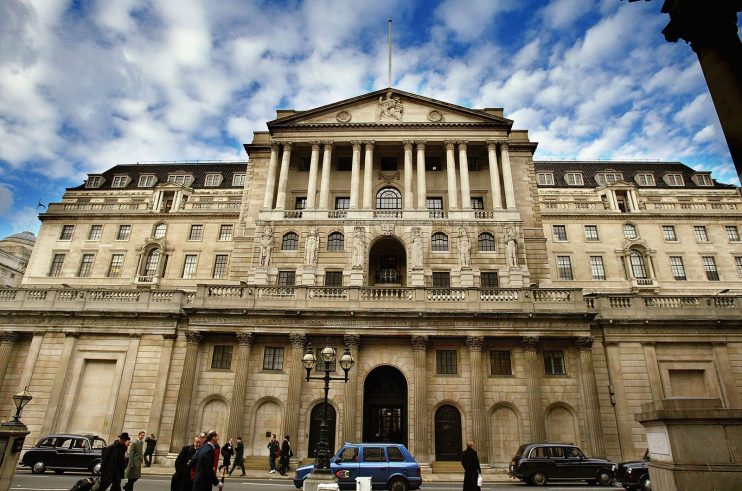BoE new chief economist slams employer for dropping the ball on inflation

The Bank of England’s newly crowned chief economist has slammed his new employer for dropping the ball on inflation.
Huw Pill, Andy Haldane’s successor, characterised the Bank’s bet on the inflation upsurge being transitory as “proving greater than expected.”
“Over recent months inflation has surprised to the upside, UK activity data have disappointed somewhat, while the labour market has tightened. This combination has all the hallmarks of an adverse supply shock.”
Haldane’s pretender pointed to higher inflation further down the line.
“The rise in wholesale gas prices threatens to raise retail energy costs next year, sustaining CPI inflation rates above 4 per cent into 2022 second quarter.”
Pill was hawkish on the Bank relying on the end of the furlough scheme containing inflationary pressures emanating from the UK jobs market.
“An alternative outcome would be their unemployed status is more structural in character, reflecting skill, sectoral or geographic mis-matches. That would imply less downward pressure on short-term inflationary pressures.”
The criticism comes as Brits are in the teeth of a cost of living crisis that threatens to eat into their living standards.
A combination of soaring energy bills caused by gas prices reaching all-time highs, higher prices for food and a looming tax hike will likely leave households across the country feeling the pinch.
The Bank has been accused by analysts as maintaining its ultra loose monetary policy stance for too long, which is contributing to higher inflation.
Pill echoed points raised by central banks globally, saying “current inflationary pressures are part of an adjustment process, which will subside as bottlenecks are relieved.”
He provided mixed signals on his approach to policy.
Financial markets had now become accustomed to expecting central banks playing a larger role in asset markets, meaning they are likely “to anticipate the potential re-activation” of quantitative easing programmes, Pill said.
As a result, asset purchases programmes “are here to stay: they have evolved to become part of the standard monetary policy armoury.”
Pill was more hawkish on the efficacy of implementing negative interest rates in the UK, saying its impact would be “limited”. But, he highlighted they could be a useful tool in “eas[ing] monetary conditions” and “boosting confidence”.